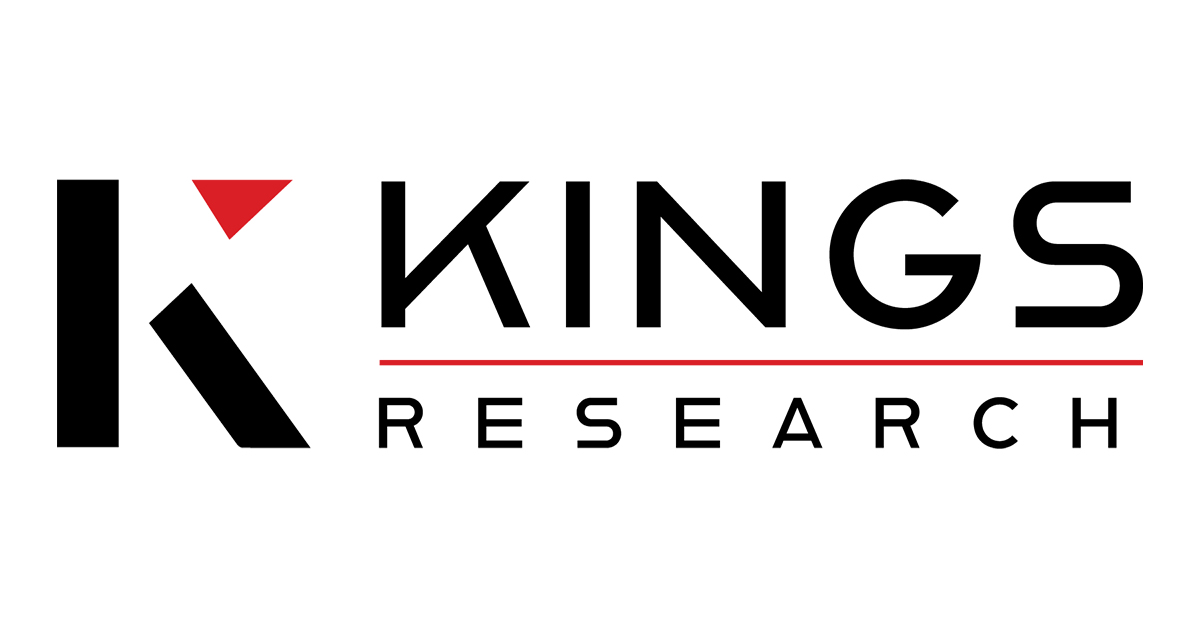The global fitness trackers market is experiencing a substantial surge, with its valuation reaching USD 46.12 billion in 2022. Projections indicate that the market will continue to grow at a remarkable CAGR of 14.57%, hitting USD 136.94 billion by 2030. This growth is propelled by increasing consumer health consciousness, rising obesity rates, and the expanding functionality of fitness trackers, including advanced health monitoring features such as heart rate monitoring, GPS tracking, and sleep analysis.
Key Drivers and Opportunities
Health Awareness and Obesity: As people become more aware of the importance of maintaining a healthy lifestyle, the demand for fitness trackers is rising. The global obesity epidemic also contributes to this trend, driving individuals to adopt fitness trackers to monitor and manage their physical activities.
Technological Advancements: The incorporation of advanced technologies, such as AI and machine learning, has significantly enhanced the functionality of fitness trackers. These technologies enable personalized fitness recommendations, making the devices more attractive to consumers seeking tailored health solutions.
Healthcare Integration: Collaborations between fitness tracker manufacturers and healthcare providers are opening new avenues for market expansion. These partnerships facilitate the use of fitness trackers in remote patient monitoring and preventive care, further solidifying their role in comprehensive health management.
Fashion and Sustainability: The market is witnessing a shift towards fashion-forward and eco-friendly fitness trackers. Consumers are increasingly seeking devices that not only offer functionality but also align with their style and environmental values.
Market Segmentation
By Application:
- General Wellness: Dominates the market, reflecting the growing consumer focus on overall health and well-being. Fitness trackers catering to general wellness needs, such as activity tracking, sleep monitoring, and stress management, are particularly popular.
- Medical Needs: While smaller in comparison, this segment is critical for healthcare applications, including chronic disease management and elderly care.
By Distribution Channel:
- Online: Expected to lead the market due to the convenience and accessibility of e-commerce platforms. Consumers prefer online shopping for its wide range of options, competitive pricing, and ease of access to customer reviews.
- Offline: Remains important for consumers who prefer in-person shopping experiences and immediate product availability.
By Region:
- North America: Holds the largest market share, driven by strong consumer demand, a tech-savvy population, and a well-established fitness culture. Strategic partnerships with healthcare providers and insurers also boost market growth in this region.
- Europe: Expected to grow at the fastest rate, propelled by increasing health consciousness, government initiatives promoting physical activity, and the adoption of wearable technology. European consumers' preference for sustainable products further supports market expansion.
- Asia-Pacific: Rapid growth is anticipated, supported by a large population base, rising disposable incomes, and increasing health awareness. Countries like China, Japan, and India are major contributors to this growth.
Competitive Landscape
The fitness trackers market is highly competitive, with key players focusing on innovation, partnerships, and strategic acquisitions to enhance their market presence. Leading companies in the market include:
- Apple Inc.
- Google LLC
- Garmin Ltd.
- Samsung Electronics Co., Ltd.
- Xiaomi Corporation
- Huawei Technologies Co., Ltd.
- Huami Corporation
- Fossil Group, Inc.
- Polar Electro Oy
- Amer Sports Corporation
These companies are continuously investing in R&D to develop multi-functional and user-friendly devices that cater to the evolving needs of consumers. Recent product launches, such as Xiaomi's Smart Band 8 Pro and Fitbit's latest wearables, exemplify the industry's commitment to innovation and market responsiveness.
Key Industry Developments
Product Launches: Recent notable launches include Xiaomi's Smart Band 8 Pro, featuring heart rate monitoring, blood oxygen tracking, and a full-color AMOLED display, and Fitbit's Sense 2, Versa 4, and Inspire 3, which offer advanced health monitoring and stress management tools.
Strategic Initiatives: Companies are increasingly engaging in mergers, acquisitions, and partnerships to expand their product portfolios and market reach. Investments in new manufacturing facilities and supply chain optimization are also key strategies to enhance market competitiveness.
Future Outlook
The future of the fitness trackers market looks promising, with continuous advancements in technology and growing consumer interest in health and wellness. The market's ability to innovate and adapt to changing consumer preferences will be crucial for sustained growth. As fitness trackers evolve into comprehensive health monitoring devices, their role in preventive healthcare and daily wellness is set to become even more significant.
The integration of AI and machine learning will further personalize user experiences, driving higher engagement and loyalty. Additionally, the emphasis on eco-friendly products will align with global sustainability trends, attracting environmentally conscious consumers.
Overall, the fitness trackers market is poised for dynamic growth, driven by technological innovation, increasing health awareness, and strategic industry collaborations. As the market expands, it will continue to offer diverse and advanced solutions for holistic health management, catering to a wide range of consumer needs and preferences.
For more detailed insights, visit the full report by Kings Research here.





Comments